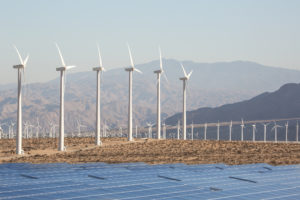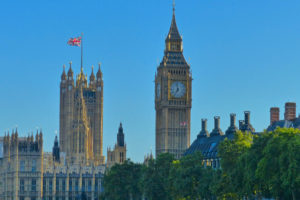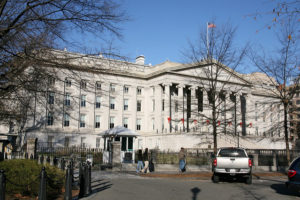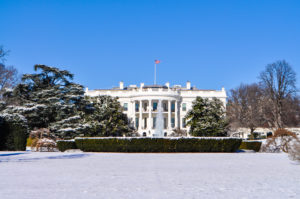How Much Power Do States Have to Encourage Clean Energy?
After a recent Supreme Court decision, questions remain about what states can do to regulate electricity.
How to Protect Football Stars
Experts discuss multiple avenues OSHA could undertake to protect NFL players.
Regaining Control After Brexit While Maintaining Membership in the WTO
If Britain has to reapply for WTO membership after Brexit, the process could take years and result in disruption to world trade.
Treasury Pick’s Oversight of “Robo-Signing” Heats Up Nomination Proceedings
Steven Mnuchin continues to advance in U.S. Senate even as Democrats decry his role during financial crisis.
Measuring the Obama Administration’s Historic Midnight Surge
Scholars model the impact of regulations issued in the final months of the Obama Administration.
Writing the Rules of Football
Yale Law Professor explores the rulemaking power wielded by associations like the National Football League.
Securing Safe Housing for Domestic Violence Survivors
A new rule prohibits evicting survivors of domestic violence for reporting their abuse.
Week in Review
President Trump nominates Judge Neil Gorsuch to the Supreme Court, Congress uses the Congressional Review Act, and more…
What if Dodd-Frank is Built on Faulty Assumptions?
Duke Law Professor argues for a new regulatory paradigm.
The Public Interest in Public Securities Settlements
Legal scholar argues SEC settlements after Dodd-Frank create potential costs for defendants and the public.
Why We Need Encryption Now More Than Ever
Encryption should be seen not only as an essential consumer protection tool, but also as an essential national security tool.
The Future of Occupational Licensing Reform
There has been a massive expansion in the analysis and reform of occupational licensing—a trend to be viewed with dismay.












